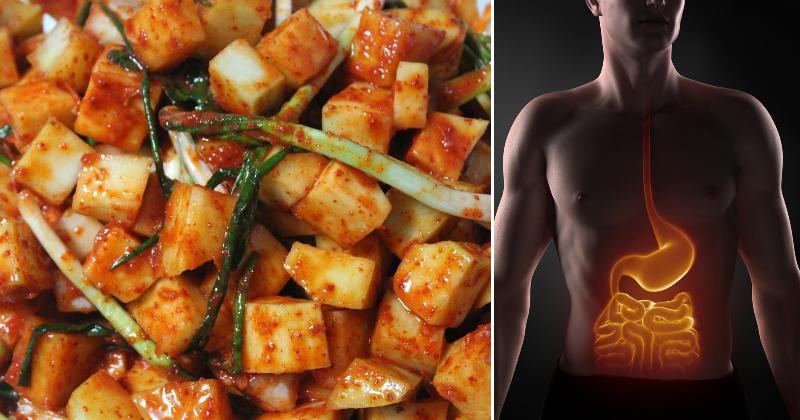Probiotics are live microorganisms that are similar to beneficial microorganisms found in the human body: “pro” meaning good; and “biota” meaning for life. We know them as “friendly bacteria” or “good bacteria” due to the many health benefits they offer. Probiotics, whether from supplements or probiotic foods, help to keep your body — specifically the gut — healthy.
The human body is full of both good and bad bacteria, now widely known as the microbiome. When the body loses good bacteria or has an overgrowth of the bad stuff, probiotics can help replace the good and balance out the bad. The proper balance of bacteria keeps the body functioning properly.
There are plenty of probiotic supplements on the market, but if you’d rather avoid supplements, then there are plenty of probiotic foods that can improve digestion, help fight depression, and promote heart health to keep things running smoothly.
Here are 8 probiotic foods to keep your digestive tract happy:
1. Yogurt
With so many types of yogurt on grocery store shelves, how do you choose? Most yogurt brands in the United States contain probiotics, but the organisms should be added after heat processing in order to reap the health benefits. If the label says “live and active cultures,” it’s a safe bet for probiotics. Yogurt has been linked with bone health, lowering high blood pressure, and relieving the symptoms of irritable bowel syndrome.
2. Kefir
Kefir is a fermented milk drink, made by adding kefir grains to cow or goat milk. It contains probiotics, and like yogurt, it boasts various health benefits. It has been shown to help with digestive problems and protect against infection. If you’re lactose intolerant, you may tolerate kefir without much difficulty. But why not try coconut kefir instead? You have all the benefits but without the dairy!

3. Sauerkraut
Possibly one of the best of the probiotic foods, sauerkraut is often used as a condiment or side dish. You may have a tradition of eating it for New Year’s. Not only does it contain probiotics, it’s rich in fiber, Vitamin C, Vitamin B, and Vitamin K. It also contains iron and maganese, along with antioxidants that are important for eye health. Look for unpasteurized sauerkraut. In fact, the pasteurization process kills the good bacteria.
4. Tempeh
Tempeh is made from fermented soybeans, and it has somewhat of a nutty taste. Many vegetarians use it as a protein source in their diet, to substitute meat. While soybeans are high in phytic acid, a compound that impairs the absorption of minerals, the fermentation process lowers the amount of phytic acid, so the body can successfully absorb the minerals in tempeh. It’s also a source of Vitamin B12, which is usually found in animal and dairy products.

5. Kimchi
Kimchi is a spicy Korean dish usually made from cabbage or other vegetables. It contains a lactic acid bacteria known as Lactobacillus kimchii, along with other lactic acid bacteria that may benefit digestive health. In addition, kimchi is typically high in vitamins and minerals, including Vitamin K, Vitamin B2, and iron.
6. Miso
To create Japanese miso, you’d ferment a mixture of soybeans with koji, a mold that breaks down the soybeans over months into a probiotic powerhouse. Also, it’s a good source of both protein and fiber, and it’s high in various vitamins, minerals, and phytonutrients. Miso contains Vitamin K, manganese and copper. In fact, one study reported that frequently eating miso soup was associated with a lower risk of breast cancer, while another study found that miso soup was linked to a reduced risk of stroke.

7. Pickles
Pickles are one of the easier probiotic foods to make. Using pickling cucumbers, soak them for days or weeks in brine (a solution of salt and water). Their own lactic acid bacteria will ferment them! Pickled cucumbers are a great source of healthy probiotic bacteria, which has been shown to improve digestive health. Pickles are high in sodium but low in calories, and they provide a good source of Vitamin K, which is an essential nutrient to prevent blood clotting. Pickles made with vinegar do not contain live probiotics.
8. Natto
Like tempeh and miso, natto also ferments soybeans to create one of the most potent probiotic foods. This one contains a friendly bacteria called Bacillus subtilis. Natto is typically mixed with rice and served with breakfast in Japanese kitchens. It aids in both bone health and cardiovascular health; it’s rich in protein and Vitamin K2; and some studies suggest that it may help prevent osteoporosis in women.


